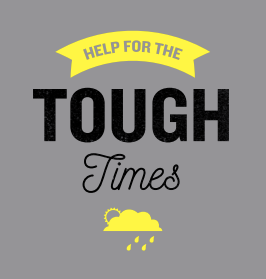
As a restorative and relational school, Wellington High School prioritises working together to ensure a safe and respectful environment.
Our WERO values underpin how we aim to prevent and respond to issues around wellbeing and negative behaviours such as bullying.
Below we have provided advice in case bullying occurs:
What you can expect from WHS
- to be heard and responded to sensitively and with respect
- to be assured that the incident will be investigated and that there will be a response
- to receive feedback on the situation
- to be assured that the school will support targets, initiators and bystanders to resolve
- to be offered help from external agencies, as appropriate
Who to contact about an incidence of bullying involving your child
- Contact details for all staff can be accessed here. You can contact:
- Your child’s Rōpū teacher
- Your child’s Dean
- One of our Guidance Counsellors
What is bullying?
WHS follows the Ministry of Education’s definition of bullying behaviour that emphasise the following four characteristics.
- Bullying is deliberate
- Bullying involves a power imbalance
- Bullying is repetitive
- Bullying is harmful
Read more on the Ministry’s site: What is bullying?
What you can do if your child reports they are being bullied
- try to stay calm so that they feel calm to talk about it
- work out how to deal with the situation together
- reassure your child that they have done the right thing in talking about it, that the bullying is not their fault, and that you will work with the school to make things better
- agree on a plan of support for your child
- regularly check with your child to see how they are doing.
What to do if you suspect or know your child is bullying others
- talk to your child to get the full story and their point of view
- be clear about what is and is not acceptable behaviour at school and at home
- explain how bullying affects the targets, the bystanders and the school environment
- discuss better ways to handle situations where your child may act aggressively
- regularly check with your child to see how they are doing
- recognise and praise appropriate behaviour
- talk to your child’s dean or teacher about how they can help.
What to do if you suspect your child is a victim of cyberbullying
- ask questions about how digital technology is being used
- take an active approach to discussing digital issues with your child
- do not use access to technology as a sanction in response to cyberbullying / being cyberbullied
- save all bullying messages and images for use in reporting the bullying to the school or the police
- contacting the police if the cyberbullying involves physical threats or could put your child or any other child in danger
- lodge a complaint with the mobile phone or social networking site provider
- contact NetSafe to report the issue if it is online
 Further information and support
Further information and support
- BullyingFree NZ
- Bullying advice for parents (Ministry of Education)
- Cyberbullying: Advice for parents from Netsafe
- What Is Cyberbullying? An Overview for Students, Parents, and Teachers
- Kia Kaha: Advice from NZ Police
- Help for the tough times: Four sites that can help.
